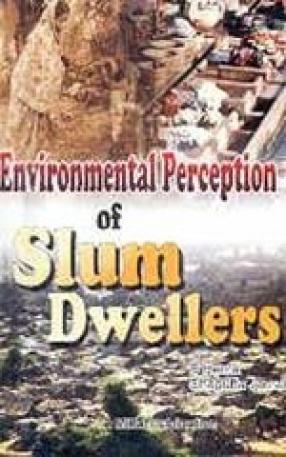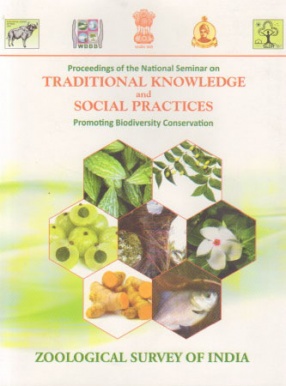The slums not only create environmental pollution through their unorganised and unsystematic waste and sewage disposal, congested and unplanned houses as well as through unethical socio-cultural habits and values, but the slums are created only on already polluted places due to people’s lack of conscience in occupying unauthorised land at almost no cost. Increased pollution and the slums have been the major concern of today’s government for any urban development planning. The environment can not be pollution free unless the dwelling community perceive the need for it. It is, in this respect, necessary to know how the dwellers of an area perceive their environment. This study on environmental perception of slum dwellers conducted in South Delhi provides how the slum dwellers perceive their environment in respect of air pollution, water pollution housing environmental pollution, personal hygiene pollution, noise pollution, light pollution and cultural pollution. This information will help in developing a realistic plan for managing and solving the environmental pollution problems of the area by seeking the participation, commitments and will of the dwellers. Unless the slum dwellers are aware of and conscious of the harmful effects of environmental pollution, nothing much can be done to improve the conditions of the slums. Hence, an educational programme can be launched based on the findings of this study for making them aware and conscious of the consequences of environmental pollution.
Participatory Rural Appraisal in Agriculture and Animal Husbandry: A Training Manual
This book presents a manual ...
$9.90
$11.00







There are no reviews yet.